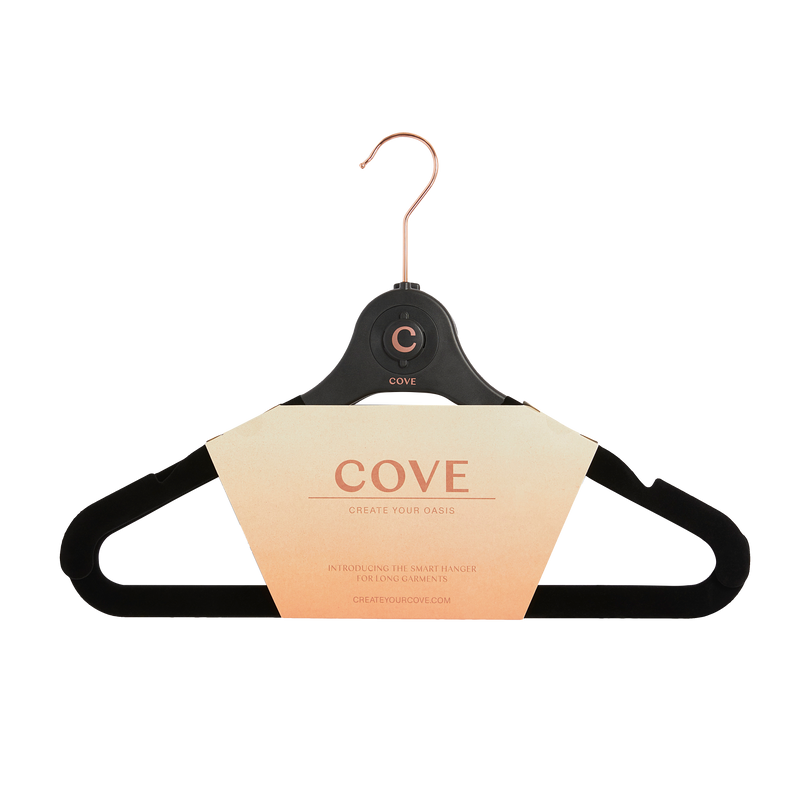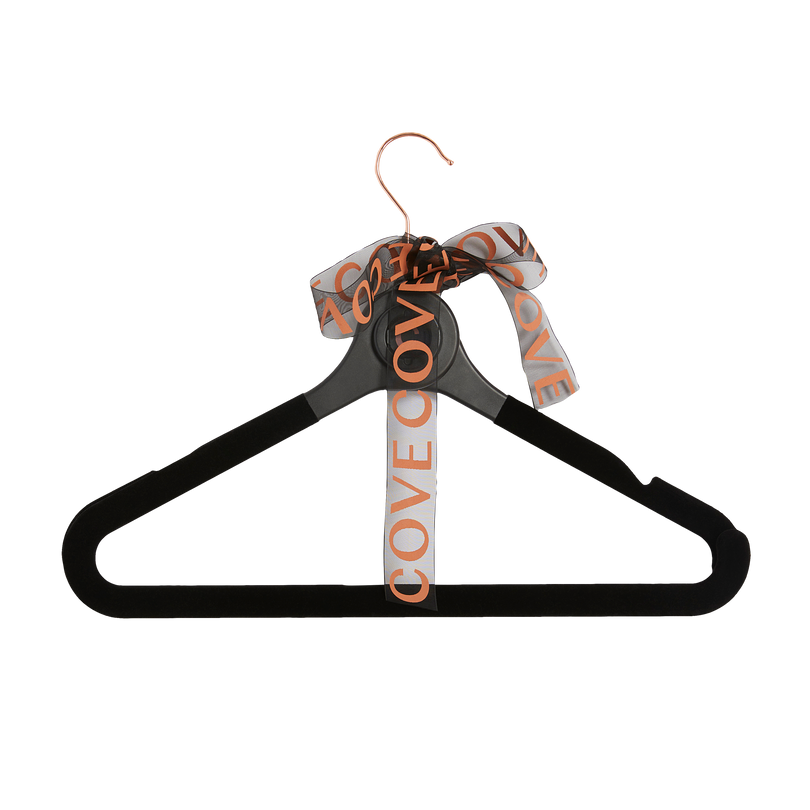As winter comes to a close, and warm weather runs rampant, heavy jackets, thick blankets, and plush comforters become unnecessary. And now that the time has come for you to store those extra blankets, and that bulky bedding, you’re probably wondering what the best way to do so is. Well, we’ve compiled the best tips, tricks, and suggestions for ensuring you’re protecting your comforters, blankets, and duvets so they last for years to come.
Now, why is it important to properly store bedding and blankets? If stored improperly, the moisture, humidity, bugs, and general elements occurring inside your home can stain your sheets, leave holes in them, or even make them smell awful by the time you take them out of storage.
There are a few places you can store your beddings, the most obvious being the linen closet. Linen closets are great for bedding that needs to breathe to prevent moisture– such as your comforter. If comforters and other bulky bedding (like blankets) don’t have adequate air circulation, they can begin to smell musty. Linen closets tend to be cool and dry which prevent the growth of mildew or mold.
General tip for storing bedding
- WASH EVERYTHING: dirty sheets, blankets, and comforters are more likely to attract bugs thanks to the dead skin cells and microscopic food particles hiding in the used fabrics.
Tips for storing bedding in a Linen Closet
- SHELVES: To ensure you get the most out of your linen closet, invest in some shelves to maximize its use. We suggest Elfa shelves.
- FOLDING COMFORTERS: Because comforters are so bulky, and can end up eating a lot of space in your linen closet, a favorite tip of ours is to roll them and tie them with a ribbon– rather than simply folding.
- LEAVE SPACE: We suggest leaving some space on the shelf between your folded begging, this is to ensure everything gets adequate airflow and avoids that musty smell.
- AVOID STACKING: Don’t stack anything (heavy) on top of your blankets or down comforters as it’ll crush the feathers and lead to lumps– eliminating the fluffiness we love to see in our comforters. If you need to stack in your linen closet, simply put the comforters and blankets toward the top of that pile.
Tips for storing bedding outside the linen closet
- KEEP IT DRY: The first and most important tip of storing textiles is to ensure they are being kept in a dry, non-moist, non-humid environment. For example, don’t store your blankets or comforters in or near the bathroom.
- IF STORING UNDER THE BED:
- Invest in a breathable fabric bag, as these keep dust and dirt from getting on your comforter, but still allows it to breathe.
- IF STORING IN FUNCTIONAL FURNITURE: this includes deep dresser drawers, those beds that lift and have storage units underneath, and large trunks.
- When storing in functional furniture you can simply fold and place the items inside, but you want to avoid stuffing them down and overpacking as that will ruin the natural loft of comforters and blankets.
- IF STORING IN CLOSET:
- Something you may not realize if you have extra closet space is that instead of folding comforters, you can hang them! You’ll need a heavy-duty hanger and plenty of space but this is a great option for anyone who changes bedding frequently.
- USE VACUUM-SEALED BAGS: When in doubt (of space and storage conditions) vacuum-sealed bags are an essential go-to for bulky bedding like comforters, pillows, and blankets. Simply fold them, place inside, and vacuum away! (Note: these are best used for short periods of time).
Tips to keep bedding clean and fresh during storage
- USE A SCENTED RIBBON: a scented ribbon will ensure your sheets and blankets smell amazing even after months in storage. Sheets may take on a musty smell during storage which may mean you’ll need to wash them all over again, so using a scented ribbon ensures they smell just as good after you store them as they did before.
- Use CEDAR: Cedar blocks repel bugs and also help keep the materials stay relatively fresh.
- HANG BLANKETS IN THE SUN: when you take them out of storage, washing your blankets and then hanging them in the sunshine will help kill odor-causing bacteria and naturally deodorize the fabrics.






